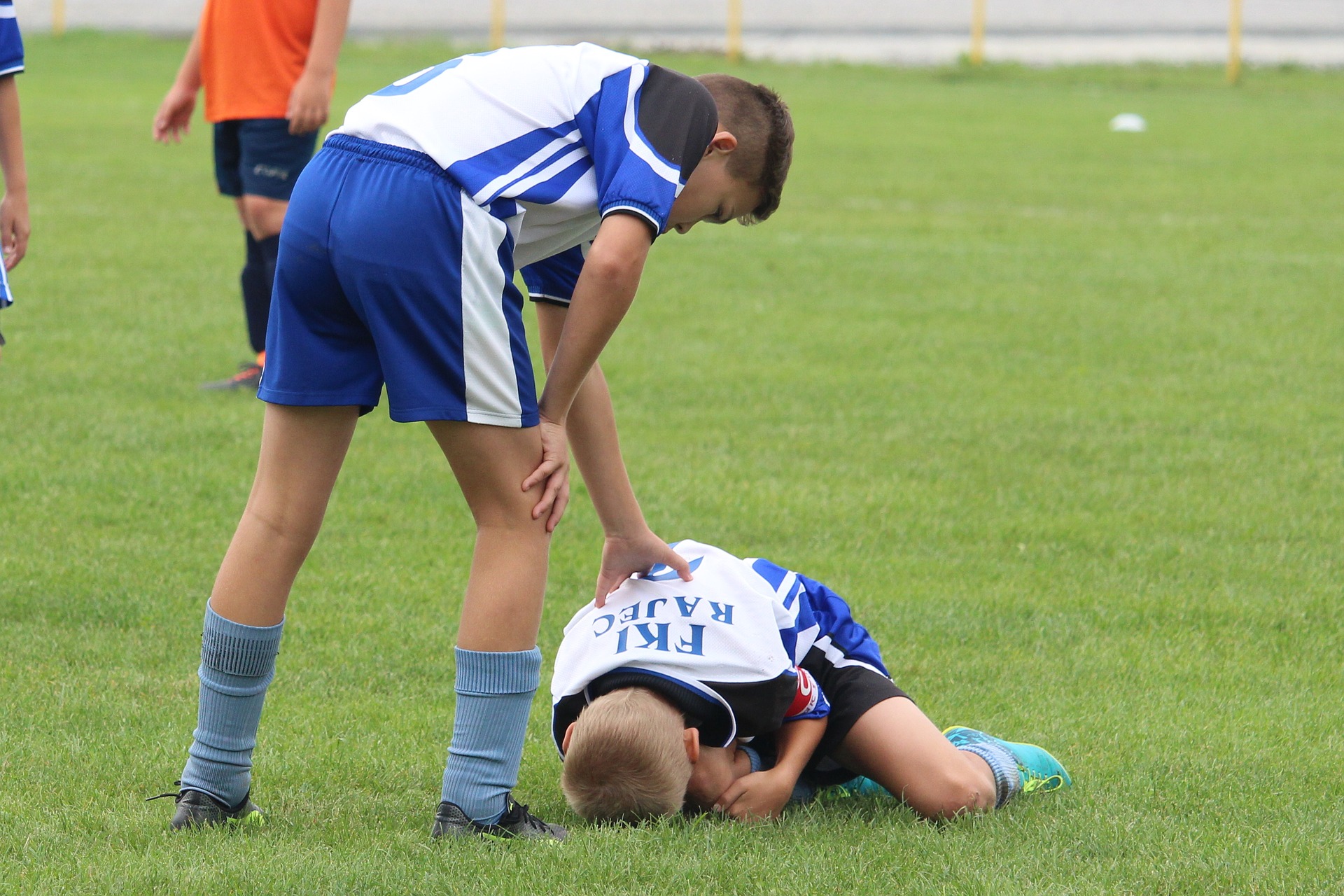Compassion is an important attribute for both children and adults if they are to succeed in life. A child with compassion will be able to navigate the sometimes-complex situations which all children encounter during their school life, with ease.
Children are very much aware of justice, balance and rights – this is because being children, they’re especially vulnerable to unfair treatment. A compassionate child has the skills to stand up for their peers – children who may not be as capable emotionally, socially or academically as they are.
When do children begin to feel compassion?
Pretty early! Research shows that even children as young as 2 have a desire to help others who are less fortunate than them. And that’s the key difference between empathy and compassion – compassion is the desire to do something to improve the situation of someone else whilst empathy is the ability to understand how someone else feels. In order to be compassionate, a child must first –
· Understand that they are a distinct person from others and that other people may have different feelings and perspective than her own.
· Have understanding of different emotions and be able to name them
· Have some control over their own emotional responses
· Can imagine how someone else might be feeling in a particular situation
· Be able to think of an action or response which could help someone else
Help your child to become compassionate by helping them to understand and regulate their own emotions first and foremost. In day-to-day life, draw their attention to the plight of others around them – let them know if the dog is wet from his walk for example and discuss with them what you can both do to make the dog feel better. Children generally enjoy helping other people and will often display compassion for their toys during play.
There are some great resources out there that can help you encourage compassion in children including these books and songs to cultivate kindness in toddlers.
At school
Once your child starts school, they will have plenty of opportunity to show their compassion for others and also, to receive care and affection from their peers.
This is part of why the school environment is so important for children’s development.
At secondary school, it’s usual for peer-support to be in place and this allows children to really learn more deeply about compassion. This secondary school in Kildare has a strong pastoral support team and together, they work with children to ensure that problems are ironed out quickly in a supportive and kind environment.
